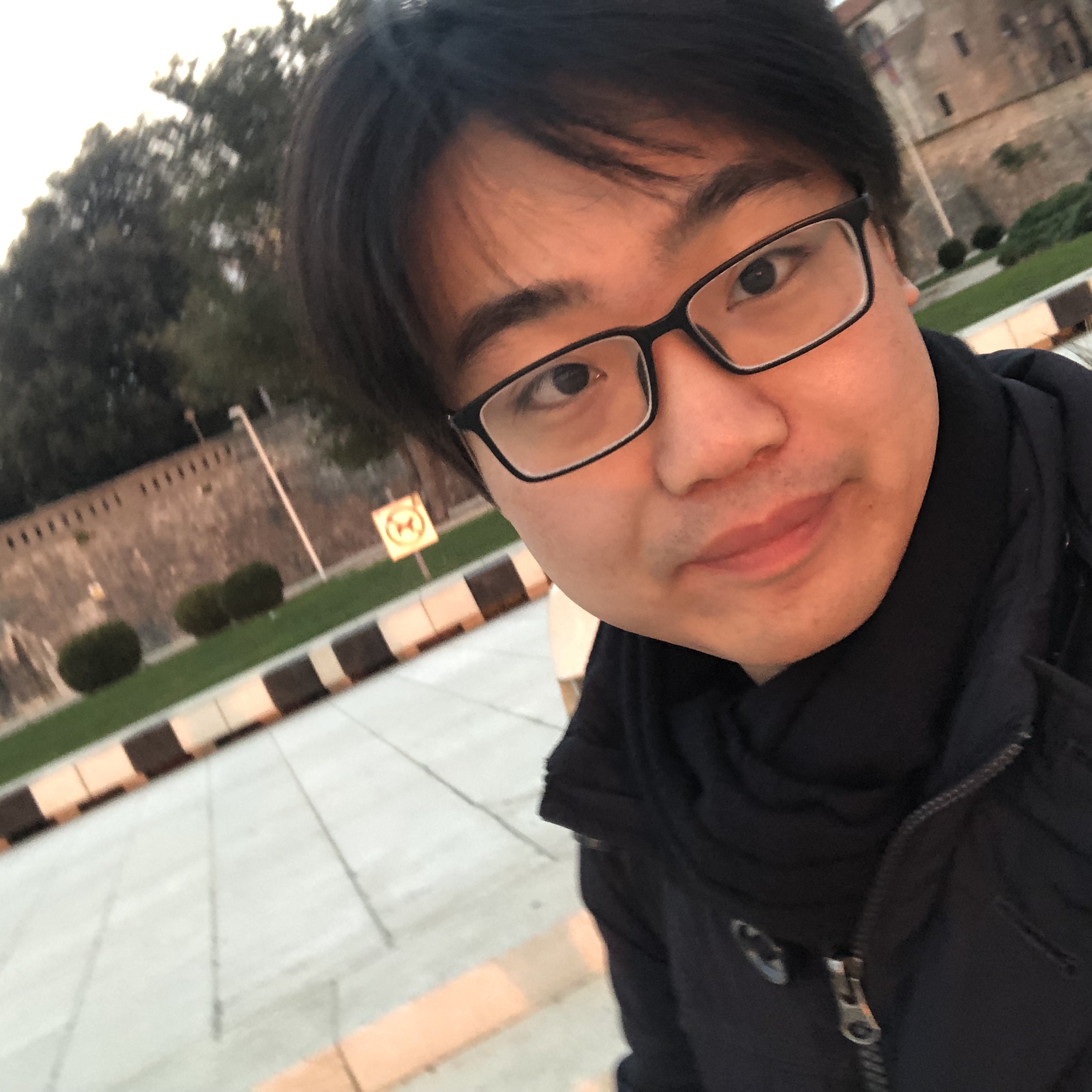The differentiation index of DAEs vs. the relative degree of control systems
Talk, 91st GAMM Annual Meeting, Kassel, Germany
In this talk, we connect the notion of differentiation index of DAEs with that of relative degree of control systems, via a concept called the explicitation of DAEs. The explicitation attaches a class of control systems to a given DAE, we show that the relative degree of the systems in the explicitation class is invariant in some sense and that the differentiation index of the original DAE coincides with the maximum of the relative degree of the explicitation systems.
